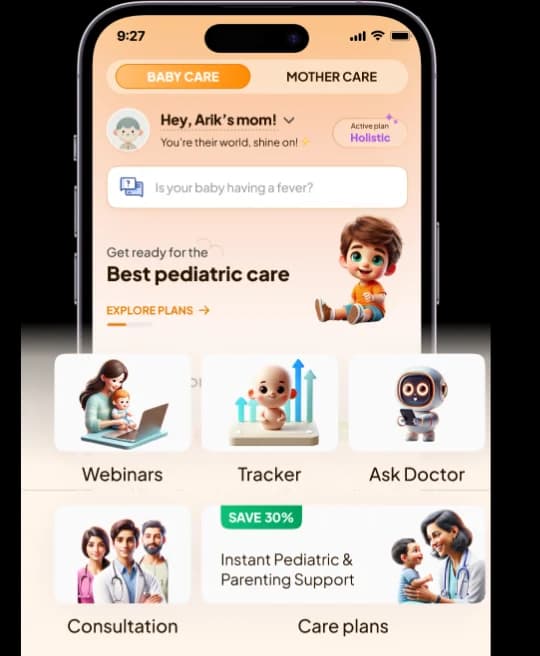
Irregularities In Menses – Causes & When To Consult With Doctor
Missing a period can be a source of anxiety for many women. Irregular periods can be a sign that something is wrong, and it's essential to consult a doctor as soon as possible.
This article discusses some possible causes of missed or delayed periods, along with symptoms and when to seek medical attention.
Irregular Periods and Fertility: Understanding the Connection
- Irregular periods can make it difficult for women to determine when they are ovulating, making it harder to conceive a baby.
- Women with irregular periods may have trouble getting pregnant due to inconsistent ovulation.
- Women who do conceive with irregular periods may have a higher risk of miscarriage or preterm labor.
- Some medical conditions, such as polycystic ovary syndrome (PCOS) or thyroid disorders, can cause irregular periods and may require treatment to improve fertility and increase the chance of having a healthy pregnancy.
- Certain medications, such as hormonal birth control or antidepressants, can also cause changes in menstrual cycle regularity.
- Women who are trying to conceive should track their menstrual cycles and talk to their healthcare provider if they have any concerns about irregularities or difficulty conceiving.
What is Irregular Menses?
Normal vaginal bleeding occurs during a woman's menstrual cycle, which can last from 21 to 35 days. A typical menstrual cycle lasts between four and seven days. However, women may experience irregular periods or menstruation that is early or late.
Women over 40 who are not pregnant may be turning menopausal, leading to irregular periods and sporadic ovulation.
What Are The Symptoms And Signs Of Irregular Menses?
Women with infrequent or irregular menstruation may exhibit the following symptoms:
- Menstrual cycles that are longer than a week
